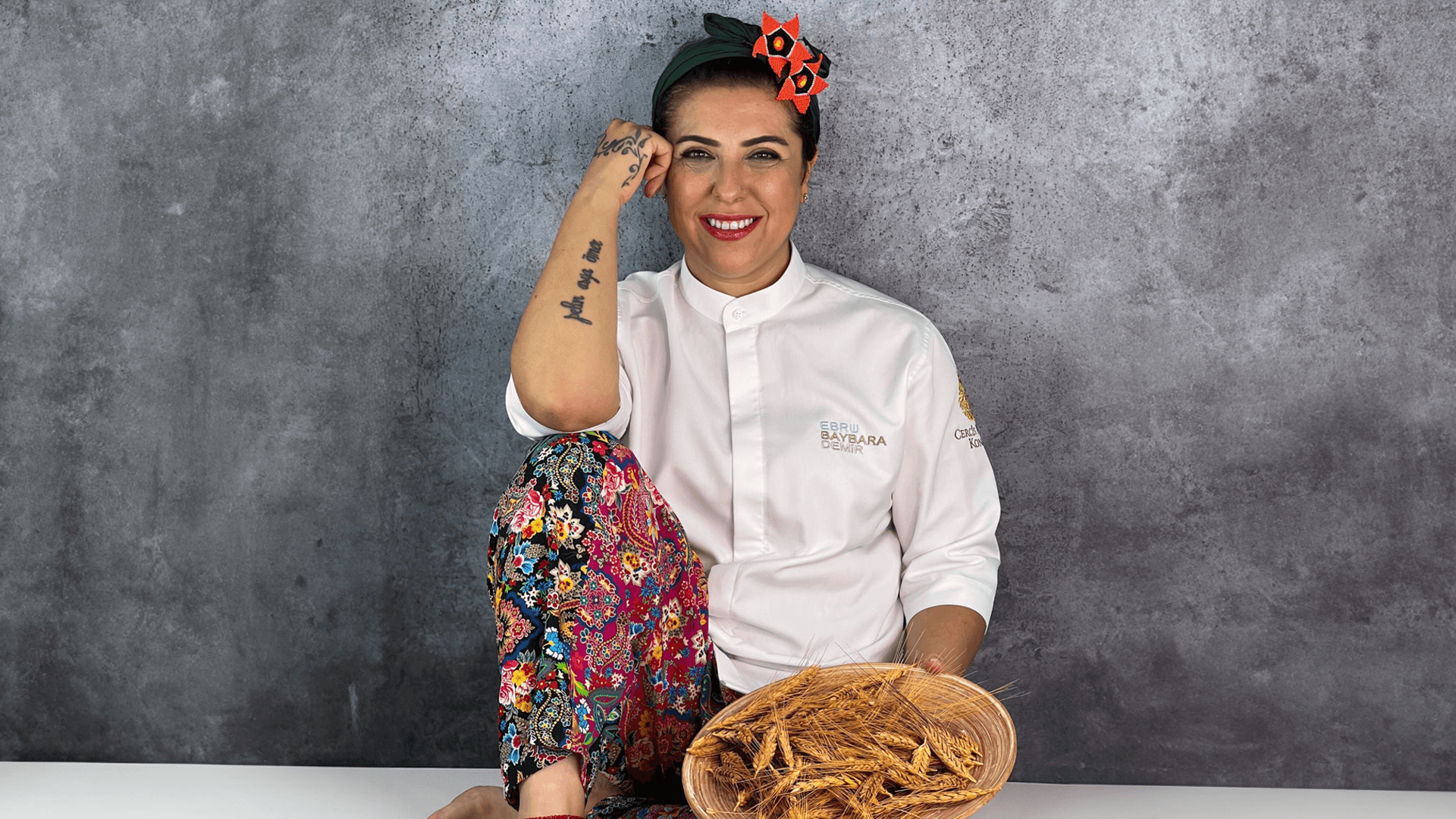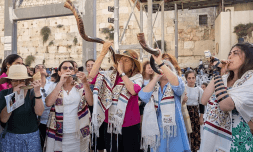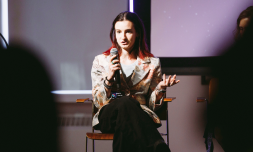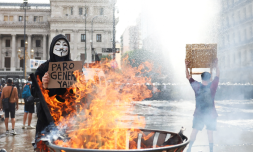I spoke with Ebru Baybara Demir, an award-winning social gastronomy chef from Türkiye, about how gastronomy can impact communities, people, and the environment.
Ebru Baybara Demir has been a driving force behind the transformation of a small city in eastern Türkiye: Mardin.
Like the butterfly effect, her dream of turning Mardin into a tourist destination led to change. Many local women, some of whom had no access to formal education, joined the division of labor. Fading recipes were preserved, efforts to heal the soil began, cooperatives were founded to unite producers, and more.
Recognized by the United Nations as a ‘Global Food Hero’ and selected by Yale University as a 2025 Global Table, she spoke to us about her journey as a social gastronomy chef and the power of food to drive social change.
![]()
Could you share what being a social gastronomy chef means? How is it different from being a chef?
A social gastronomy chef, like any other chef, wants to leave their mark on the table. However, their signature lies not only in the presentation or taste of a dish, but how much it benefits the lives, supports communities, and respects the environment. A chef devoted to social gastronomy, believes in the transformative power of gastronomy and works to ensure that every plate contributes to social transformation.
Your story begins in a small town in Türkiye, Mardin. Under your leadership, together with 21 women, you opened the city’s first tourism-focused establishment, which started a transformation. This step created employment opportunities for women and marked the beginning of positioning a town in eastern Türkiye as a tourist destination. What role did that moment play in shaping your future social gastronomy projects?
This story began with my passion to bring tourism to Mardin, 25 years ago. I had a dream to achieve, and the women of my city believed in me, supported me, and walked alongside me. In the beginning, it was my dream, but over time, it became our shared dream. I believe that’s what made this transformation so powerful.
Therefore, a city’s economy has changed. Just as I turned the work I knew best – tourism – into a livelihood, we turned what women knew best – cooking – into one too. This journey taught me two things: to succeed, you must make others part of your dream; and if you enable people transform what they know best into an economy, you will contribute to social change, and local development.
I’ve always been someone who cares deeply about the problems around me and looks for ways to be part of the solution. During the early days of Cercis Murat Konağı, I tried to approach challenges through a gastronomic lens, together with 21 women.
Eventually, when people asked me which dish I loved cooking most, I began sharing how food had transformed lives before ever reaching the table. My work had grown beyond the kitchen, even if it was hard to explain at first. But in 2017, my nomination for the Basque Culinary World Prize helped define it: this was social gastronomy. And from that moment, I began exploring it more deeply, from a global perspective.
Most of your projects are based in the eastern regions of Türkiye. I imagine this is not only a way for you to return to your roots and spark a change there but also a conscious decision to focus on areas that may have fewer resources. Could you tell us more about why you chose to work in Eastern cities? And are there any plans to bring your upcoming projects to more well-known cities internationally, like İstanbul?
My connection to Mardin comes from my roots. My father left the city he loved so his daughters could grow up strong, educated, and independent, fifty years ago. Yet even when we were in İstanbul, Mardin had always been present in our home, in our conversations. After the 1999 earthquake, when tourism in İstanbul dried up, those roots and years of curiosity led me to Mardin.
Contrary to what you said, my first steps were going back to my roots. Seeing Mardin for the first time, I felt my family’s longing deeply. I saw not only history and architecture, but a city full of untapped cultural and social potential. I believed in that, and I took the first step.
Anatolia is rich with people, stories, and resources. My focus has always been on unlocking that.
We’re working on various projects, both in Türkiye and abroad, together with different chefs and NGOs. One of our projects, ‘Soil to Soil,’ focuses on climate-related soil degradation. With 4,000 volunteers and 6 academics, we implemented it in 13 cities, 54 municipalities, Istanbul Airport, and Northern Cyprus, transforming 16,000 tons of waste into 4,000 tons of compost, distributed freely to farmers.
Real impact doesn’t require being everywhere. If one woman, in another city, sees what we’ve done in Mardin and thinks, ‘How can I do this too?’, that’d be what transformation looks like.





















